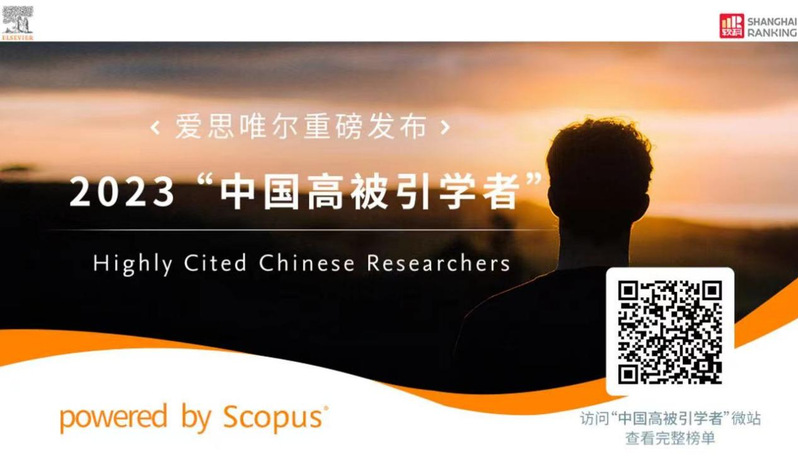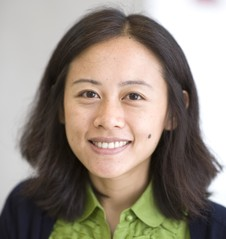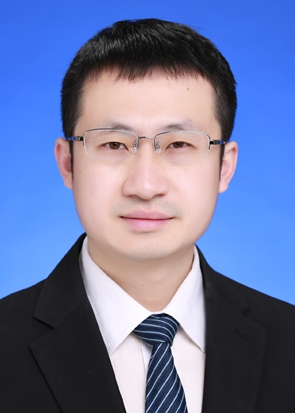On March 27, 2024, Elsevier officially released the list of 2023“Highly Cited Chinese Researchers”.Three tenured professors from the School of Life Science and Technology, Tiffany Horng, Wenqing Xu, and Haitao Yang, were selected for the list.

A total of 5,801 individuals made it onto the list, representing 496 universities, enterprises, and research institutions across 10 academic fields and 84 primary disciplines outlined by the Ministry of Education. The selection is based on data from Scopus, a leading global citation and indexing database, and the statistical method developed by ShanghaiRanking Consultancy.

Tiffany Horng, Tenured Full Professor, Principal Investigator, Doctoral Supervisor
Research direction: Macrophage metabolism and function
Research content: How cellular metabolism regulates inflammatory responses and other functions of macrophages

Wenqing Xu, Tenured Full Professor, Principal Investigator, Doctoral Supervisor
Research direction: Molecular mechanisms of cell signaling and protein design
Research content: (1) Molecular mechanisms and structural basis of the Wnt signaling pathway; (2) Wnt signaling regulation in stem cells and its applications in regenerative medicine; (3) Mechanisms of tumor cell signaling and new methods for cancer treatment using interdisciplinary technologies; (4) Protein design from scratch based on artificial intelligence, directed evolution of proteins, and protein engineering.

Haitao Yang, Tenured Full Professor, Principal Investigator, Doctoral Supervisor
Research direction: Infection immunity and drug development
Research content: The research group has long been engaged in the study of major diseases caused by important pathogens and the development of novel drugs targeting them. The main research directions include: 1) Structure and function of key drug targets of important pathogens; 2) Precise interactions and molecular mechanisms between pathogens and hosts during the process of pathogen invasion, with a special focus on the complex struggle between “suppression and antagonism” of the host immune system and pathogens; 3) Rational drug design, high-throughput screening of lead drugs, and preclinical evaluation against key drug targets.


